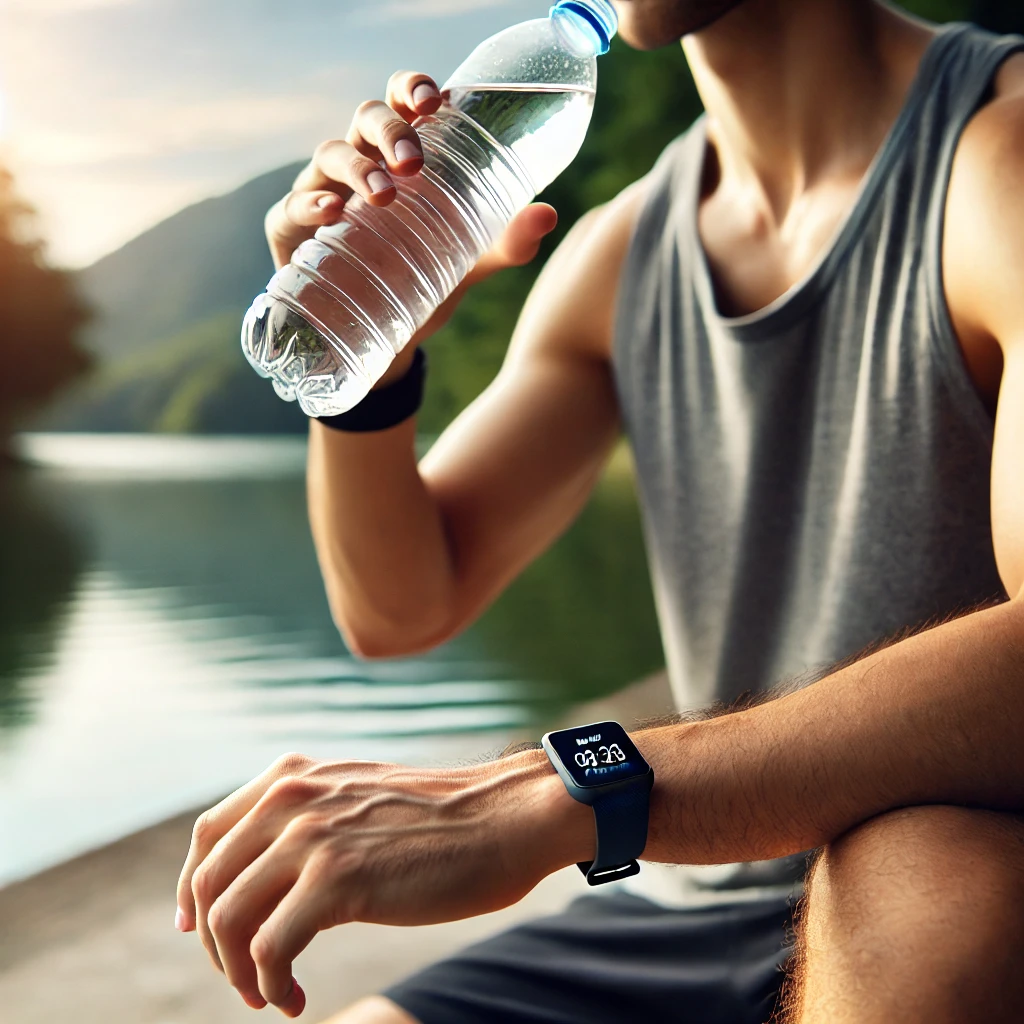How Much Water Should You Actually Drink?
Published January 4, 2024
4-minute read
How Much Water Should You Actually Drink?
Staying hydrated is essential to your health and overall well-being. Water comprises about 60% of our body weight and is critical for key functions such as digestion, temperature regulation, waste removal, and brain function. It’s clear that water isn’t just important—it’s vital for life and health!
Why Water is Important
Water is essential for every cell, tissue, and organ in the body. Without it, dehydration occurs, disrupting bodily processes and leading to a variety of symptoms, such as:
- Dizziness or lightheadedness
- Fatigue and low energy levels
- Dry mouth, eyes, and lips
- Headaches
- Joint pain
- Reduced strength, power, and endurance during physical activity
- Constipation
Health Benefits of Water
1. Optimizes Digestion
Water is crucial for saliva production and the stomach acid necessary for proper digestion. It also aids in nutrient absorption and supports the digestion of dietary fiber.
2. Helps Eliminate Waste
Water is vital for kidney health and helps with waste removal through sweat, urine, and feces. Proper hydration prevents constipation and reduces the risk of kidney stones and other kidney-related issues.
3. Boosts Metabolism
Water consumption can support weight loss efforts by boosting metabolism and helping you feel fuller, especially when you drink it before meals. Increased water intake has also been linked to a decrease in the consumption of saturated fat, sugar, sodium, and cholesterol.
4. Improves Brain Function
The brain is 75% water, making hydration crucial for cognitive performance, memory, focus, and mood. Even mild dehydration (as little as 2%) can impact mental clarity and function.
5. Protects Joints
Water maintains joint health by supporting synovial fluid, which lubricates, cushions, and nourishes your joints. This is why joint pain may be more noticeable when you’re dehydrated.
6. Enhances Circulation
Hydration is essential for optimal blood flow, oxygenation, immune function, and athletic performance. Starting a cardiovascular workout dehydrated can reduce strength, power, and endurance.
How Much Water Should You Drink?
The National Academies of Sciences, Engineering, and Medicine recommend daily water intake of approximately:
- Women: 73 ounces (2.12 liters)
- Men: 100 ounces (3 liters)
Keep in mind, this is a general guideline. If you’re exercising outdoors in the heat or engaging in prolonged strenuous activities, you may need more water.
Foods That Can Help You Hydrate
Not a fan of drinking plain water? You can increase your hydration through food! Many fruits and vegetables have high water content and can contribute significantly to your daily intake. Some top choices include:
- Cucumber
- Tomatoes
- Watermelon
- Celery
- Apples
- Romaine lettuce and other leafy greens
- Zucchini
5 Ways to Stay Hydrated
- Start your day with a full glass of water.
- Make a smoothie for breakfast.
- Carry a refillable water bottle and aim to refill it at each meal.
- Switch up your water intake with club soda, soda water, or infused water.
- Have a big salad for lunch or dinner.
Tips to Monitor Hydration
Keep an eye on the color of your urine. Pale yellow typically indicates proper hydration, while darker urine suggests you need more fluids. Caffeinated drinks can count towards your daily intake, but they also have diuretic effects, meaning you might need to drink extra water to compensate.
The Bottom Line
Water is a key player in maintaining optimal health and supporting numerous bodily functions. To stay sharp, keep your metabolism in top shape, and perform well in any physical activities, make sure to drink water consistently throughout the day and adjust your intake as needed.







